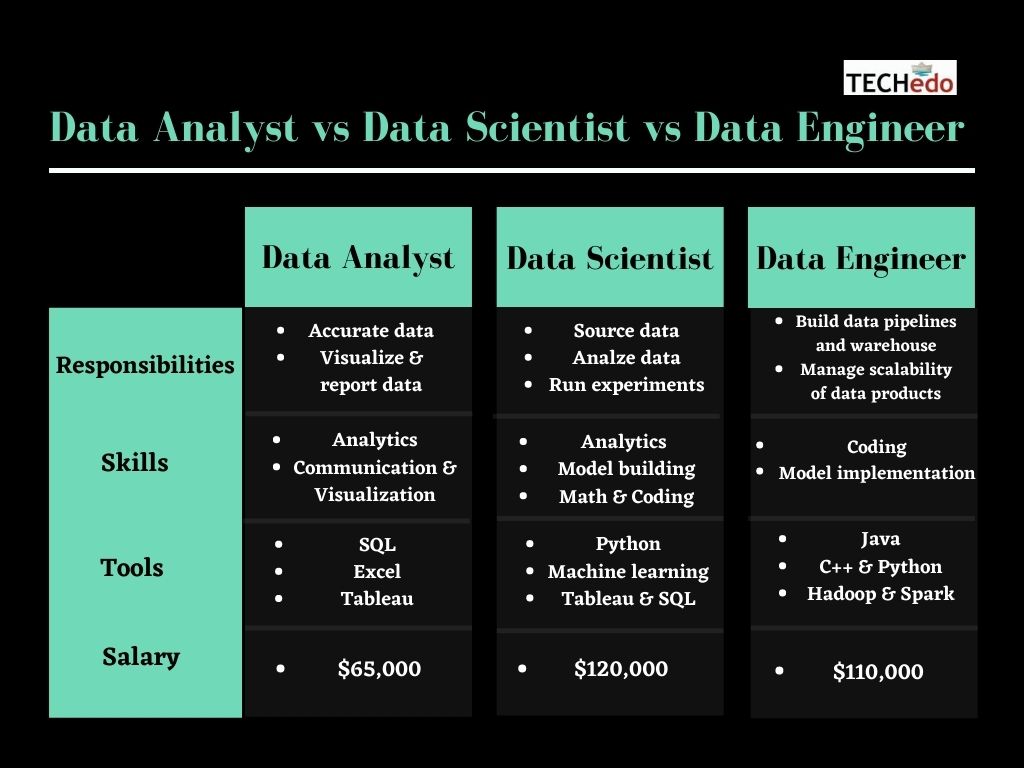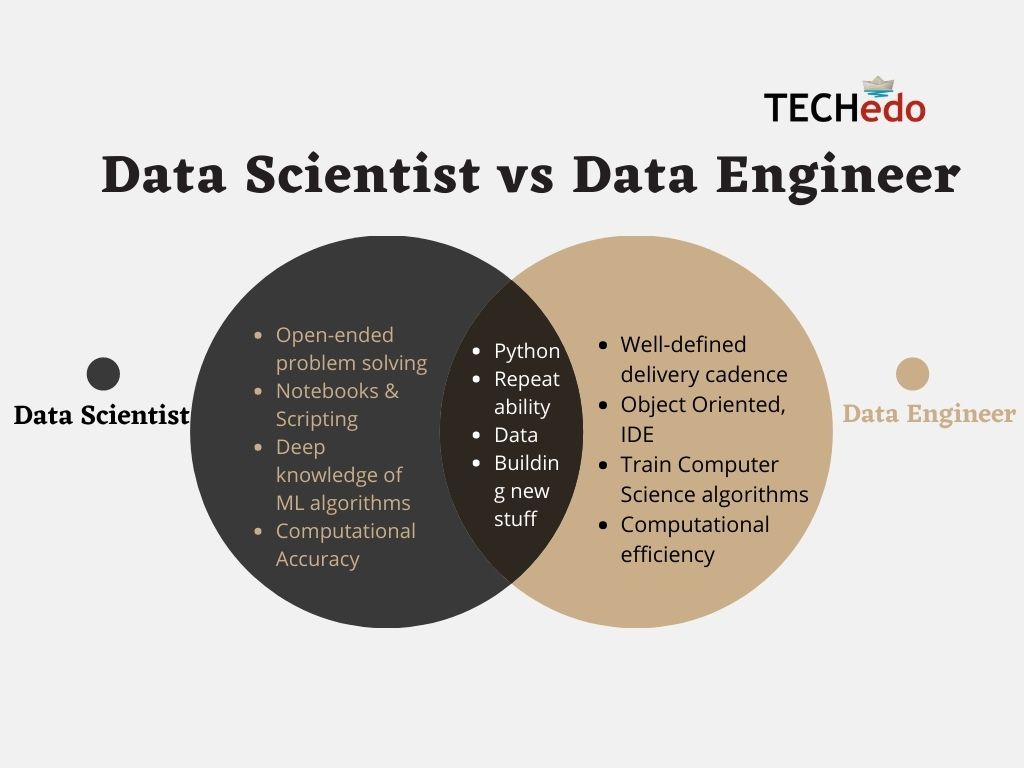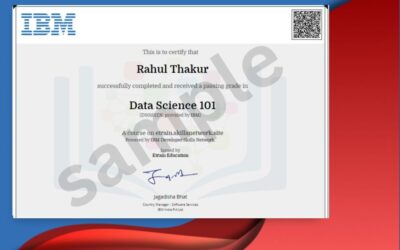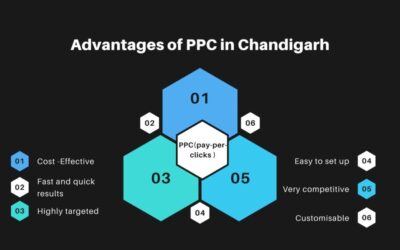Data has always been important in any decision-making procedure. Today’s world is based entirely on data, and no company would be able to succeed without data-driven decision-making and strategy development. Data is used by a variety of professions in the industry nowadays because of the valuable insights and trust it delivers. We’ll go through the important similarities and difference between data analyst and data scientist and data engineer in this article. On a daily basis, everyone generates data, both with and without our knowledge. The quantity of data we interact with on a daily basis will only grow as time goes on. Furthermore, the amount of data available on the planet will grow at a rapid speed. I am going to provide you a full comparison of Data Analyst vs Data Scientist vs Data Engineer in this article.
A Data Scientist’s job is to extract future insights from raw data, a data engineer is responsible for the creation and maintenance of data pipelines also Data analysts primarily perform tasks that have an impact on the industry’s scope. There has never been a better opportunity to establish a career in data, as the demand for data specialists like analysts, data scientists, and data engineers is continuously increasing.
First, you will learn what a Data Scientist, Data Engineer, and Data Analyst are, and then you will see how they differ.
Table of Contents
What is difference between data analyst data scientist and data engineer?

What is Data Analyst?
The process of obtaining information from a collection of data is referred to as “data analytics”. A data analyst performs this type of analysis. A data analyst extracts data using a variety of methods, including data cleaning, data conversion, and data modelling.
Technology, health, social science, and business are just a few of the fields that employ data analytics. Data analysts, on the other hand, employ specific analysis techniques and tools to evaluate how firms might make better decisions using data. They are capable of discovering key business issues, using a statistical method to utilize organized and unstructured data. Executing complicated data analysis to extract usable data and draw conclusions.
Data analyst responsibilities are using a query to get data from a database. Data processing should be enabled, and the findings should be presented. Basic methods such as logistic regression, linear regression, and others are used in their work. Have a strong understanding of data munging, data visualization, exploratory data analysis, and statistics and be able to demonstrate it.
Skills Requirements:
The following skills needed for data analyst:
- SQL: All data-related responsibilities must be able to connect with databases using SQL.
- Data visualization: Rather than the technology you use, understanding how to properly visualize the data is more essential. Most organizations have licenses for business intelligence software such as Power BI, Tableau, Looker, Qlik, and others. You don’t have to know how to utilize them all. It should not take you long to develop any of them if you understand the fundamentals of data analysis.
- Domain knowledge: Domain expertise is, in my opinion, far more important for a data analyst than it is for other professions. What do the metrics refer to? What is the relationship between metrics? Domain knowledge is important for asking the right questions, gaining insights, and participating in business decisions.
What is Data Engineer?
A Data Engineer is a professional who specializes in data preparation for analysis. Data engineering includes the creation of data processing systems and structures. To put it another way, a data engineer sets the stage for multiple data processes. The structure that data scientists and analysts will utilize is created by a Data Engineer. A Data Engineer must have a significant technical background and be capable of creating and implementing APIs
Data engineers act as a connector between data analysts and data scientists. You will be responsible for the collecting and preparation of data for operational or analytical purposes as a data engineer. For this position, you will need a lot of skills in constructing, developing, and maintaining data architecture.
Data engineer responsibilities are creating models that can work with large amounts of data. Data mining is a technique for extracting information from large amounts of data. Incorrect data is transformed into a format that can be used for data analysis. The data architecture and design are regularly update. Increased transform load allows for the creation of large data storage.
Skills Requirements:
The following are the required skills for a data engineer:
- SQL: A data engineer should also know the ins and outs of each database, when to utilize them, what their limitations are, and so on. To optimize database performance, DBA (database administration) commands such as monitoring team member access, developing procedures, and updating schemas are sometimes requires.
- Cloud Computing: Engineers must be highly conversant with cloud computing technologies since practically all data have now stored in the cloud, Engineers must be highly knowledgeable with cloud computing technologies since practically all data are now stored, accessed, and stored in the cloud, from storage to databases to warehousing. The three most popular cloud services are AWS (Amazon), Azure (Microsoft), and GCP (Google).

What is Data Scientist?
Another data consumer is data scientists. They aim to detect patterns in the data and answer questions about the future, i.e. prediction, instead of answering questions about the present. This technique has a long history. You have probably heard of statistics. Machine learning and deep learning are the two most used methods for using computers to detect patterns in data. Data scientists use all those predictions to create products. A recommendation system, for example, predicts what you like, a ranking system predicts the order of popularity, and NLP predicts the meaning of a text. Data Science occupations are expected to expand by 30%, according to an IBM analysis. As a result, the data science scope in future will expand.
Data scientist responsibilities for managing and cleaning unstructured data to make it meaningful. Create models that can work with large amounts of data. Take command of the data team and assist them in achieving their objectives. Deliver results that have a meaningful impact on the bottom line.
Skills Requirements:
The following skills required for data scientist:
- SQL: All data-related responsibilities must be able to connect with databases using SQL.
- Statistics/Mathematics: To answer more complicated issues, you will need to study statistics, such as the theories behind each machine learning approach, probabilities, and so on.
- Programming skills: You will need programming abilities to apply your statistics knowledge to real-world challenges. On a laptop, you can train models, write algorithms, and develop next-generation technologies. Data science is a branch of computer science that also includes statistics. The most popular programming languages are now Python and R.
In conclusion, to be truthful, every transaction and engagement on any technical domain comprises a specific set of data, whether it’s Amazon purchases, Facebook/Instagram accounts or posts, Netflix recommendations, or even the phone’s finger and face recognition feature. When we compare the jobs of data analyst, data scientist and data engineer, we can observe that the profession trend is not really going anywhere anytime soon.
Techedo Technologies institute provides training of Data Science and Data Analyst Course. These courses includes Python, Machine Learning, Deep Learning, Tableau, TensorFlow and Keras modules.




0 Comments